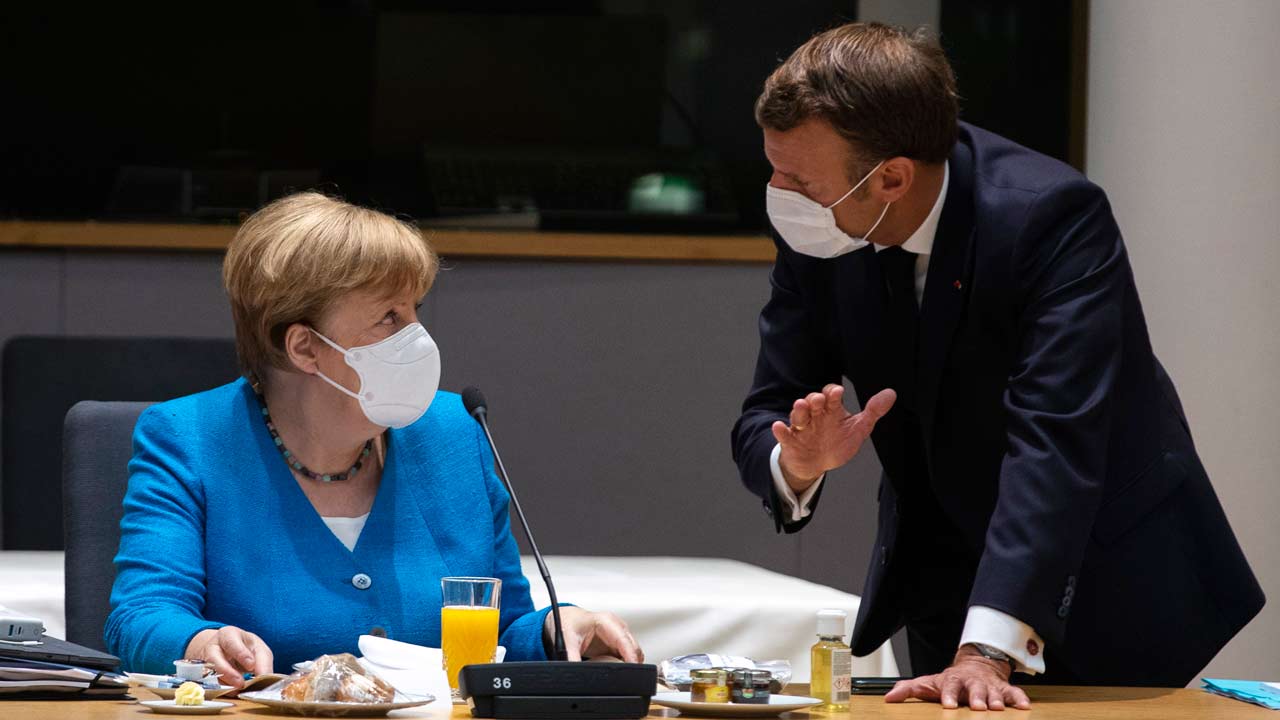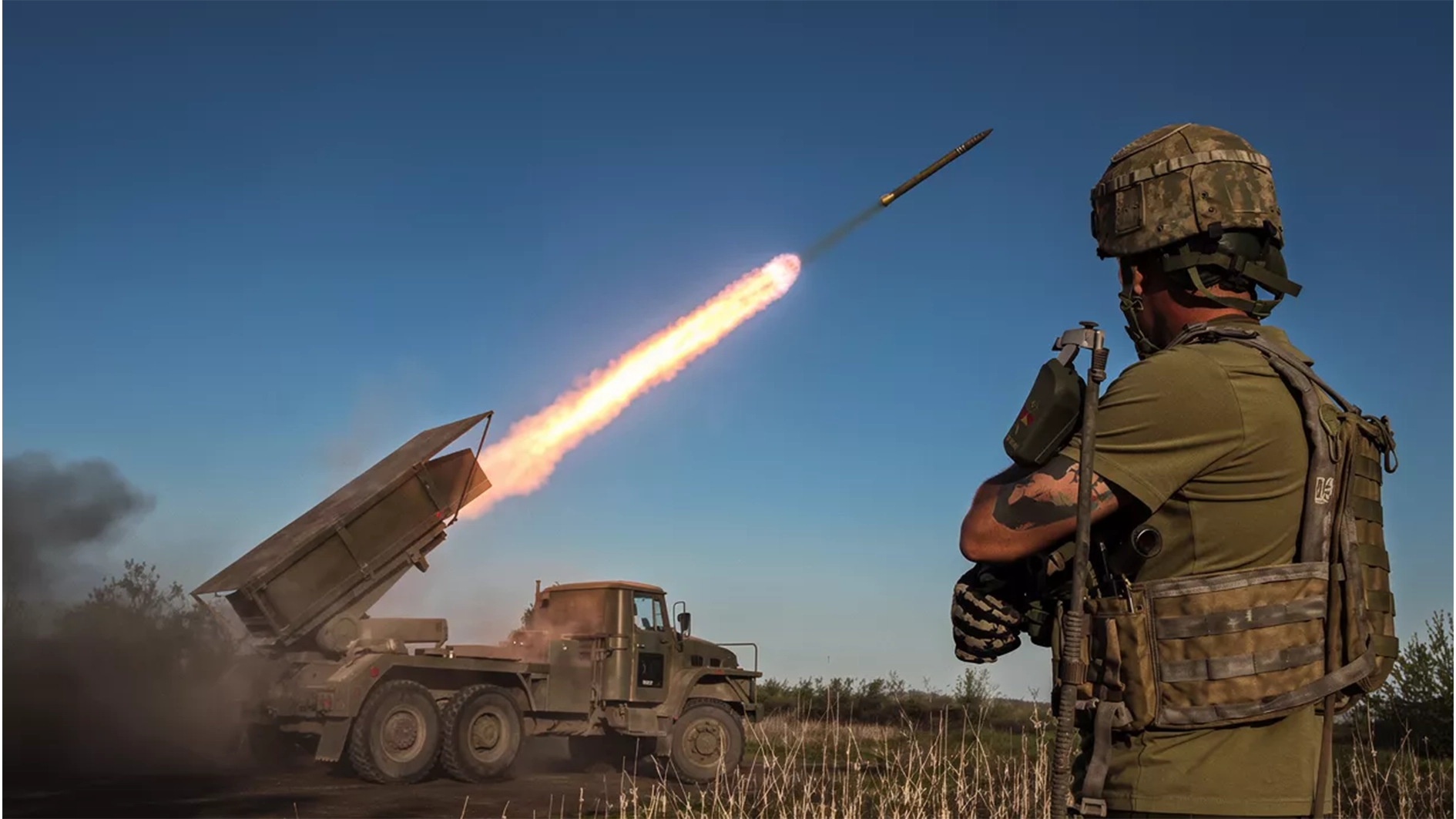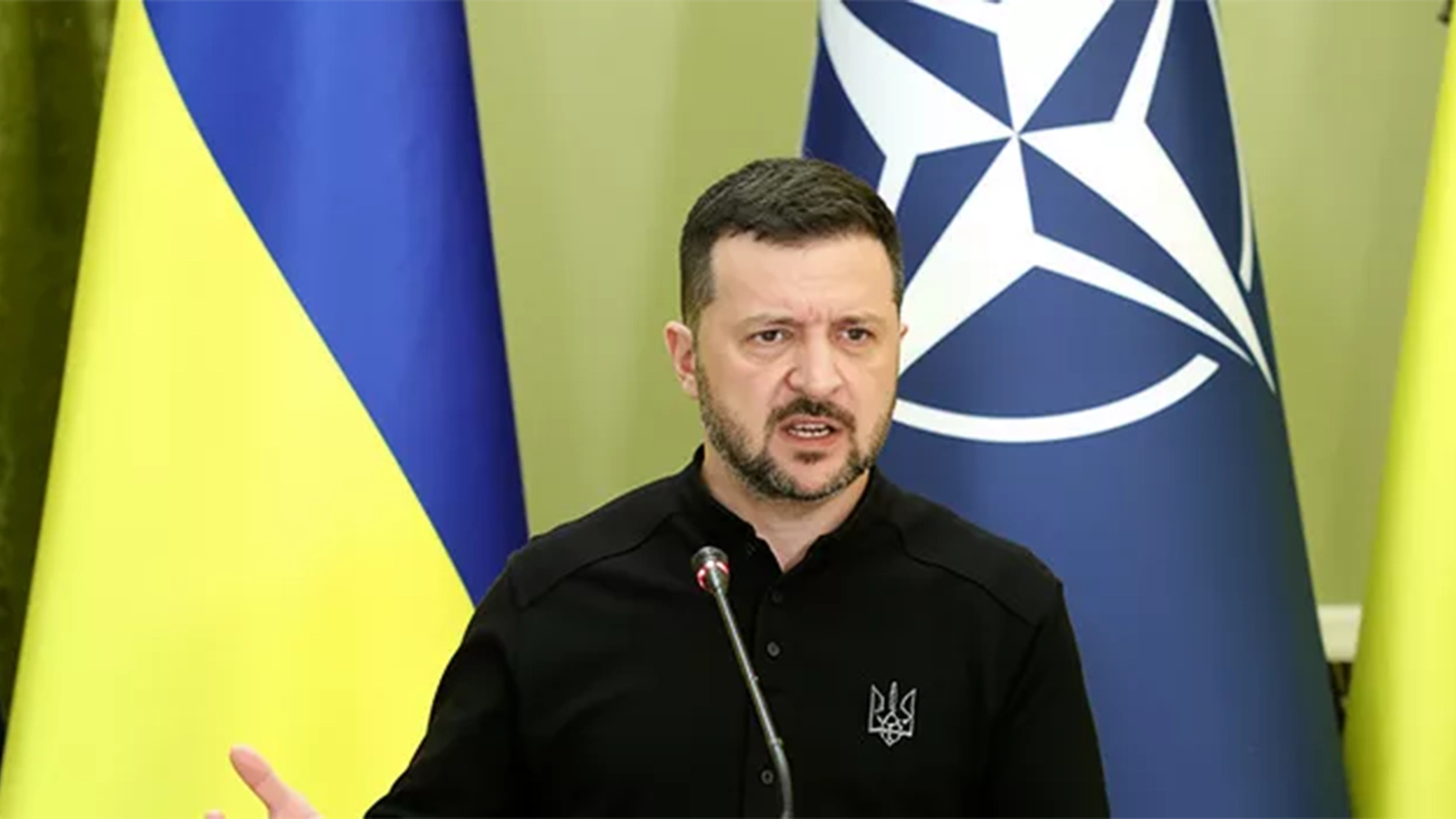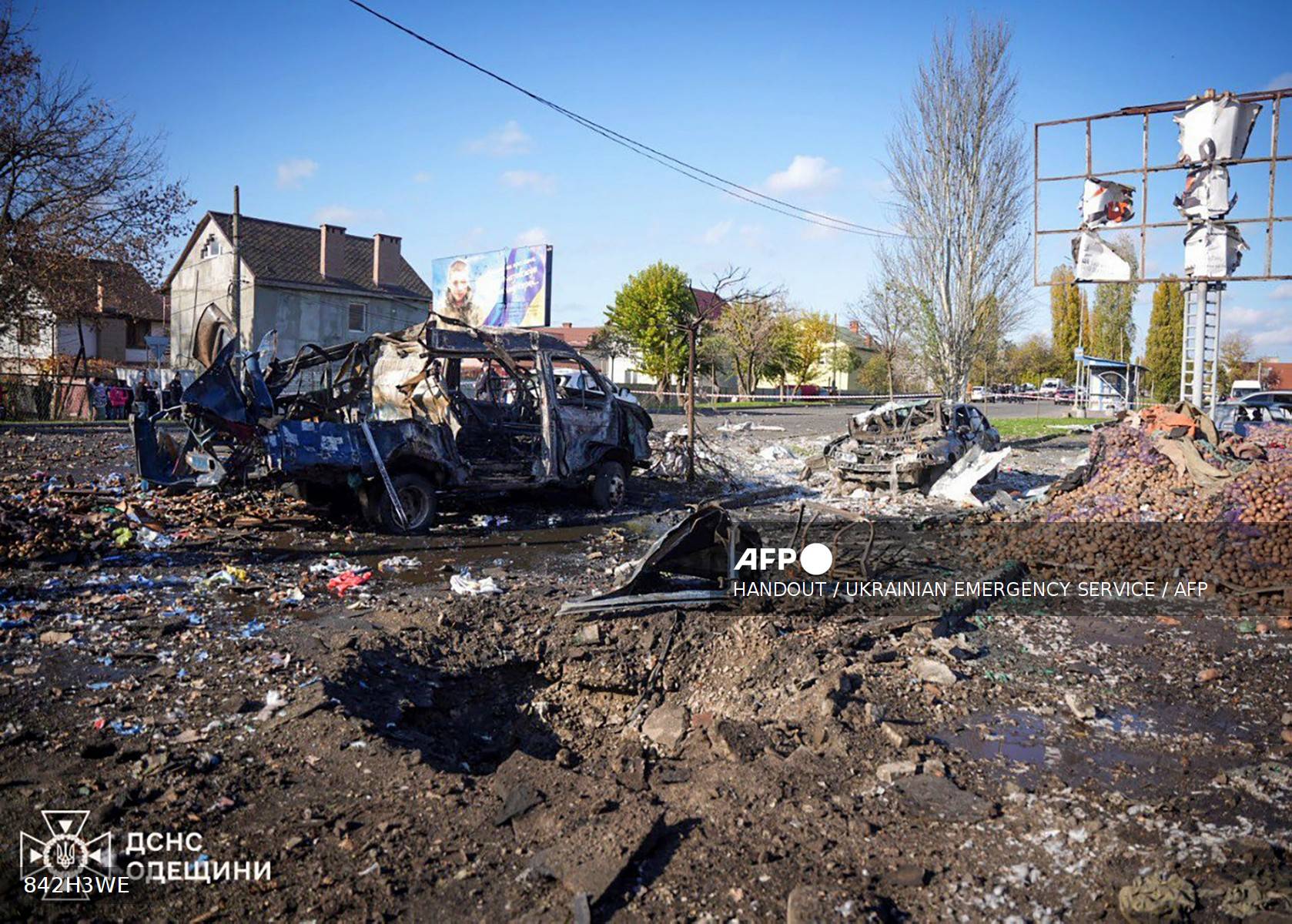
France, Italy and Germany are “ready to consider” sanctions on foreign powers violating an arms embargo in Libya, a joint statement by their leaders said Saturday.
The statement did not directly name any foreign actors funneling arms to Libya but multiple powers have been sending fighters and weapons, fuelling a bloody proxy war that reflects wider geopolitical rifts and divisions in the Middle East and within NATO.
While forces loyal to strongman Khalifa Haftar are backed by Russia, Egypt and the United Arab Emirates, the UN-recognised unity government is fighting back with Turkey’s support.
“We … urge all foreign actors to end their increasing interference and to fully respect the arms embargo established by the United Nations Security Council,” the statement said.
“We are ready to consider the possible use of sanctions should breaches to the embargo at sea, on land or in the air continue.”
German Chancellor Angela Merkel, France’s President Emmanuel Macron and Italian Prime Minister Giuseppe Conte said they therefore “look forward to the proposals the EU High Representative/Vice President will make to this end.”
Voicing “grave concerns” over the escalating military tensions in Libya, they urged “all Libyan parties and their foreign supporters for an immediate cessation of fighting and for a stop of the ongoing military build-up throughout the country.”
In Brussels for a crunch EU summit on hammering out a huge recovery rund for the bloc, the three European leaders had met on the sidelines of the meeting to discuss the deteriorating situation in Libya.
Since 2015, a power struggle has pitted the UN-recognised, Tripoli-based Government of National Accord (GNA) against forces loyal to Haftar, who is based in eastern Benghazi.
Ankara’s military support for the GNA has tipped the balance and allowed its forces in June to repel Haftar’s 14-month advance on Tripoli and launch a counteroffensive.
This week, Egypt racheted up tensions, with its president warning his country “will not stand idle in the face of any moves that pose a direct threat to the national security not only of Egypt but also that of Libya”.
Libya has been mired in chaos since the 2011 uprising that toppled and later killed longtime dictator Moamer Kadhafi.






